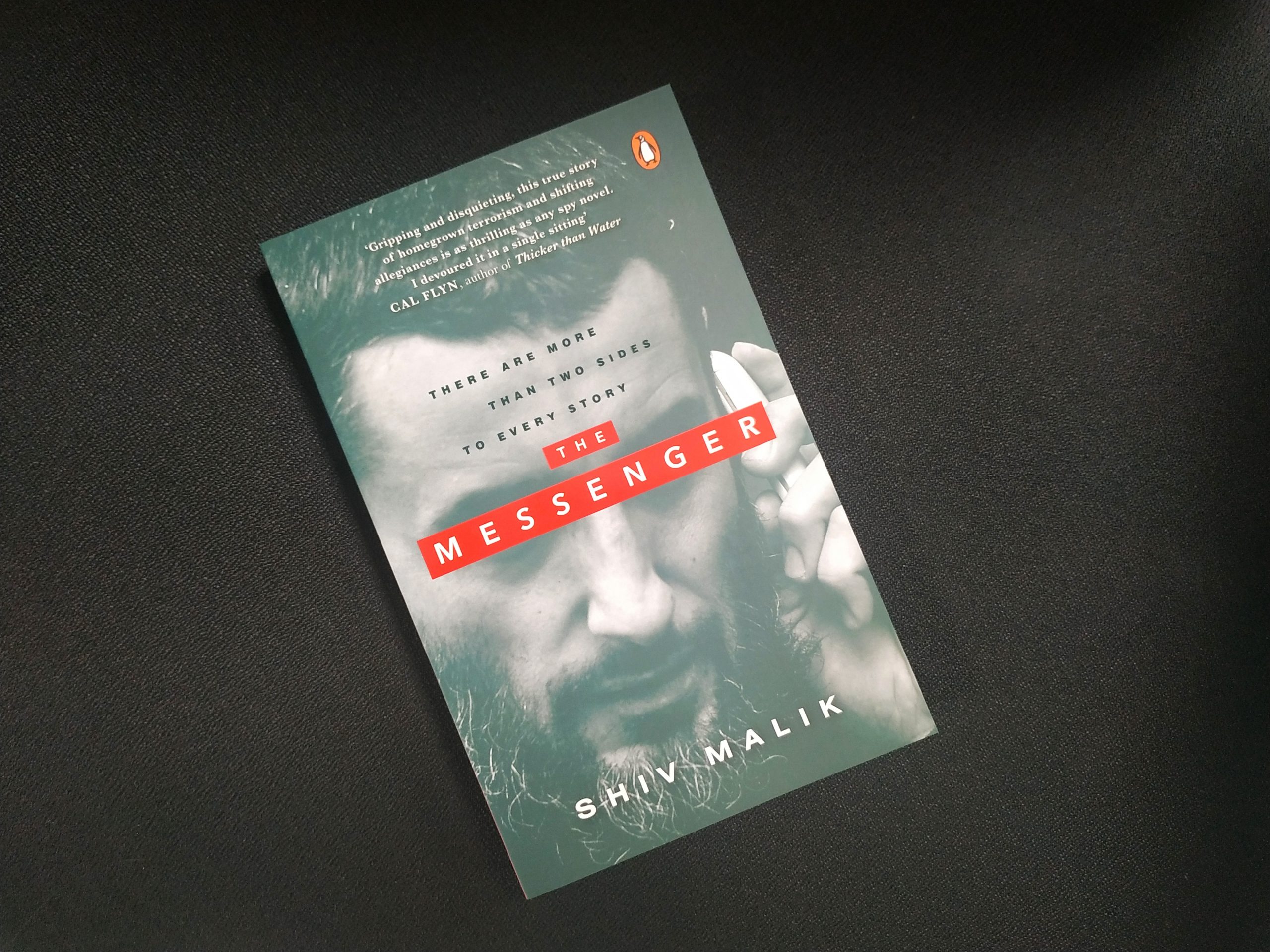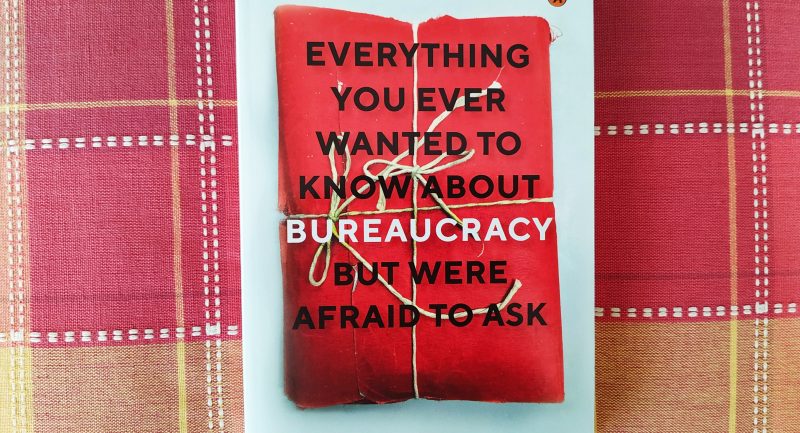
Every reporter knows the first rule of journalism: never betray your source. But what if your source turns out to be unworthy of your silence? What if it’s your source who betrays you?
The Messenger by Shiv Malik tells the story of an unlikely friendship between two men looking to change the world: a repentant jihadist and an idealistic journalist. This troubling real-life thriller takes us from their first meeting in a spartan flat in the rough suburbs of Manchester, to a bombing in Pakistan, a dramatic arrest and Malik’s reporting career on the brink of ruin.
Here’s an excerpt from the prologue!
—————————————————-
I put it to you that it has always been like this. A sudden, horrific event occurs – a volcano erupts, a plague breaks out, an economy collapses – and we become overwhelmed by fear. But the event is not what we are afraid of. As soon as it occurs, it becomes the past. It is over. What we fear most is the future; the idea that out of nowhere disaster might befall us again. In these moments we force ourselves to hunt for an explanation, a pattern, lines of cause and effect. We must know why these events have happened to us because we must reclaim a sense
that tomorrow can again be made predictable. Our psychological survival depends on it.
Just imagine even the simplest human interaction being undertaken in a world where we were completely unable to foretell whether the sun will rise in the morning or the air will remain breathable hour by hour. Our minds would not endure more than one day.
The explanations we find for these horrific events do not necessarily have to be correct or true. They just have to serve their purpose – the story must make us feel the world is certain again.
And as history shows us, if the facts do not comfort, a fiction will work just as well.
Our readiness in these instances to accept the reassuring fiction over the uncomforting fact has been the source of some of mankind’s most inhumane deeds. The volcano erupts because the gods are unhappy with us and so we make a human sacrifice.
Disease abounds because the devil has made mischief through his servants and so we hunt for witches. The German economy collapses because traitors are at work and so Jews are rounded up in their millions.
And yet, however inhumane the results, we are quietly grateful for these stories because they allow us to cope. They let us believe that the solution to averting future disaster is within our control. And those who tell us the stories – the shaman, the church, the dictator – are granted impressive powers over us.
This is also how terrorism works.
First the tactician, the military trainers, the explosive experts, the cell leaders, and the suicide bomber band together to induce fear by creating apparently random destruction involving as many people as possible. The more arbitrary the target – the train, the bar, the sporting event, the office block – the more we fear because the harder it becomes for us to predict what tomorrow will hold for us.
The person who follows this is the messenger. He has two further roles which are just as essential to the overall process. His first task is to threaten more of the same. He makes it clear that the future – both immediate and distant – will continue to be ambushed by bloody violence. This is the easy part – these words can be spoken by any thug. It’s the second task that requires the oratorical skill.
Competing against other narratives, the messenger must somehow persuade us to do what he wants – leave his lands, hand over political power, give him money, convert to his religion. He does this by convincing us that we are the ones to blame for the destruction which has just been wreaked; that it is our actions that have brought about these consequences.
At first this may seem an unpromising strategy, but the messenger tells us this because he knows that his narrative holds a particular charm to our ears; if we are the cause of such events, then we must also hold the key to our own security. Who better to bring normality back to our lives than ourselves?
Like this, the messenger’s speech suddenly becomes a comfort.
His words become a siren’s song. We want to do as he asks because he promises that life will go back to normal. But unless we resist the temptation, we will find ourselves ruined and sold out by the lowest of our mind’s conceits: fear.
However, like volcanoes, plagues and war, the mechanics of terrorism have proven far more complex than our frightened minds have permitted us to believe. I should know. For the messenger is never all he seems..
Get your copy of The Messenger today!









